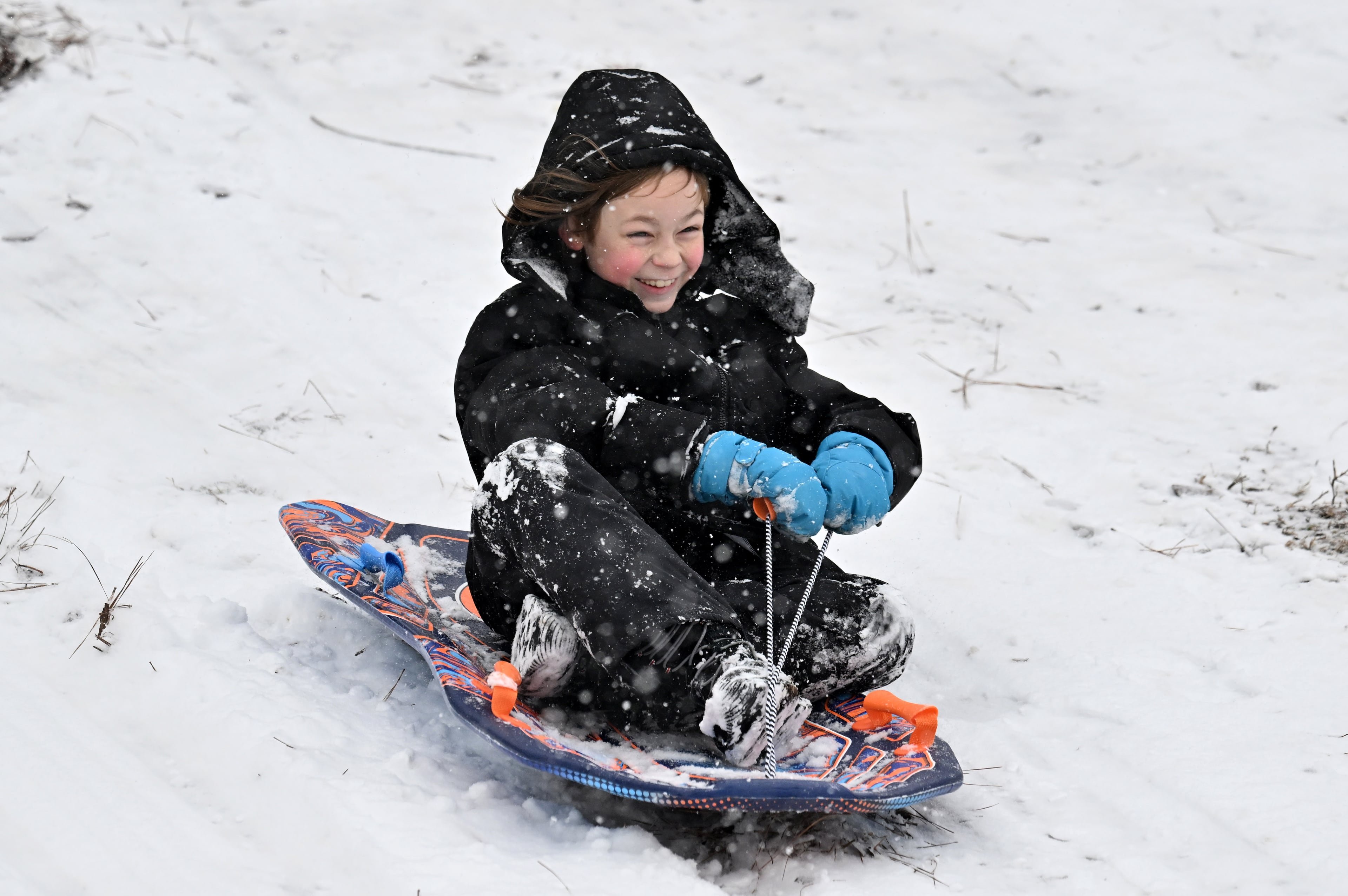Learn to protect yourself during Severe Weather Preparedness Week
Tornado season in Georgia typically begins in March, but you shouldn’t wait until then to prepare for a storm.
The Georgia Emergency Management and Homeland Security Agency, in coordination with the National Weather Service, are calling on Georgians to educate themselves and understand the threats of severe weather during Severe Weather Preparedness Week, which will take place today through Friday.
Spring is traditionally a period where the threat of high winds, hail and lightning from tornadoes and severe thunderstorms increases. Severe Weather Preparedness Week serves as a reminder to review emergency procedures and prepare for weather-related hazards.
Monday
Today is Family Preparedness/NOAA Weather Radio Day. GEMA suggests you buy a NOAA Weather Radio so you can get the latest weather information even if you lose power. It’s also the day to choose an out-of-state friend who can be called if the family gets separated.
Tuesday
February 2 is Thunderstorm Safety Day. This is the day to learn the difference between a thunderstorm watch and a warning.
A severe thunderstorm watch simply means that conditions are favorable for the development of severe thunderstorms during the next few hours.
A severe thunderstorm warning indicates that severe weather has been either seen on radar or reported by weather spotters or is expected within the hour, according to the Storm Prediction Center. A thunderstorm is considered to be severe if it produces hail that’s at least one inch in diameter, has winds 58 miles an hour or stronger or has a tornado.
Wednesday
Tornado season in Georgia is March-May, and a tornado can appear without warning, so it’s important to be prepared to act quickly. February 3 is Tornado Safety Day when you and your family should decide where to take shelter if there’s a warning.
Where should you take shelter? GEMA suggests:
>Storm cellars or basements provide the best protection.
>If that’s not an option, go into an interior room or hallway on the lowest floor.
>In a high-rise, go to a small interior room or hallway on the lowest floor.
>Stay away from windows, doors and outside walls. Stay away from corners; they attract debris.
>A vehicle, trailer or mobile home does not provide good protection.
>If shelter is not available, lie flat in a ditch or other low-lying area. Do not get under an overpass or bridge.
Thursday
February 4 is Lightning Safety Day. Everyone should learn the 30/30 on Thursday. The rule states: If after seeing lightning you can’t count to 30 before hearing thunder, you should go indoors and stay there for 30 minutes after hearing the last clap of thunder.
Friday
February 5 is Flood Safety Day.
“Flooding may not always receive the attention that other weather-related disasters, such as tornadoes, receive, but it can be deadly,” Mary Caldwell wrote for the AJC. “In fact, more people are killed in the U.S. by flooding each year than are killed by tornadoes, hurricanes or lightning, according to the National Severe Storms Laboratory. Flooding causes more weather-related deaths each year in the U.S. than anything except heat. It’s the most common weather-related disaster, and it can occur in any state.”
GEMA suggests you copy important documents Friday and seal them in a waterproof container.
For more resources on how you can prepare your home, school or business for severe weather emergencies and other disasters, visit https://gema.georgia.gov/plan-prepare/ready-georgia and follow @GeorgiaEMAHS on Twitter, Instagram and Facebook for preparedness tips and emergency information.


